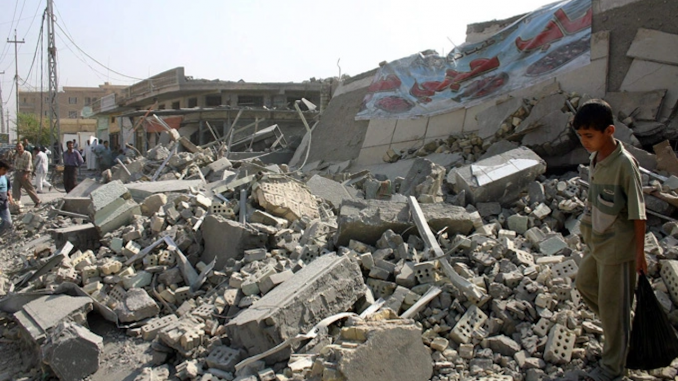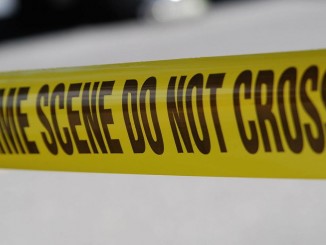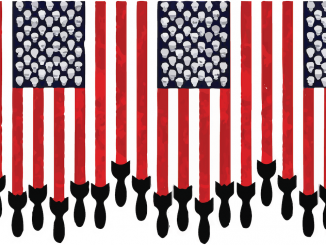
Fallujah, Iraq, a city of just over a quarter million people, was the site of two major military attacks by the U.S. army. The city faced collective punishment in 2004 after four military contractors were captured and killed in the city square. The U.S. army made two attacks on the city, killing about 3,000 people and wounding 600 more. The city was extensively damaged, and in the aftermath the population suffered from lack of water, electricity, and sanitation. The battle of Fallujah also saw the U.S. military use unusually horrific weapons. At first they denied it, but later it was proven that the U.S. military used white phosphorus bombs. Even stronger than napalm, white phosphorus burns without extinguishing, guaranteeing horrible suffering to anyone who is hit with it. The military also used ammunition made out of used nuclear fuel – spent uranium rounds (known as depleted uranium). Spent-uranium rounds are denser than ordinary metal and more deadly, because they can easily pierce through heavy metals. Worse, the fallout from these radioactive munitions — which stay radioactive for billions of years — has done lasting damage to the city and its population.
Recent research has shown that the rate of leukemia, cancer and birth defects is even greater in Fallujah today than in Hiroshima, Japan after the atomic bomb was dropped at the end of World War II. Leukemia rates in Hiroshima rose 660 percent in the decades following the atomic bomb. In Fallujah, leukemia rates rose 2,200 percent in just the first few years after the bombing. Fallujah also saw a 1,260 percent increase in childhood cancer, and a 740 percent increase in brain tumors. Infant mortality rates in Fallujah were 820 percent higher than in neighboring countries like Kuwait. This is much worse than had occurred in Hiroshima.
In other words, what the U.S. did to Fallujah has polluted the city with nuclear waste, worse than an atomic bomb, and much more toxic. The fallout from the brutal U.S. war and occupation of Iraq continues to this day.




